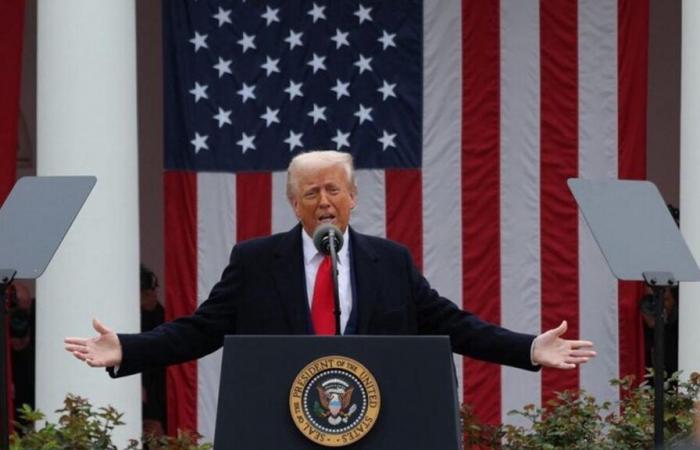The visit of Robert Garverick, Undersecretary of Policy and Commercial Negotiations of the United States Department of State, had the main objective of analyzing the recent rise in import tariffs, announced by President Trump.
As reported by the Clarín newspaper, Garverick met in Buenos Aires with officials of the Argentine government and local businessmen, although both the US embassy and the Casa Rosada maintained this visit in a low profile.
This visit is part of the monitoring of the requirements of the White House regarding the 10% reciprocal tariffs that interfere with Argentine exports. In the private sphere, it is speculated that Argentina and the United States are evaluating the possibility of excepting around 50 tariff products, thus achieving a zero reduction for both Argentine products that enter the US and for those Americans who arrive in Argentina.
The Mercosur wink at the meeting of ministers last Friday at the San Martín Palace was vital for Argentina, where they ratified the temporal expansion of the national list of exceptions to the common external tariff, increasing 100 to 150 products.
This decision will allow the Argentine government to advance conversations to reduce tariffs on 50 other products, in addition to the 100 that are already being managed unilaterally. Although Trump announced a 90 -day break for all countries, except China, the 10% tariff continues to apply to Argentine exports, which represents a significant cost compared to the past.
For food products, the cost has doubled, while others such as chemical and vegetable products have seen their rate multiply by ten. In the Argentine Foreign Ministry it is estimated that these 50 positions could reach up to 80% of Argentine exports to the United States, which would be equivalent to about 5,000 million dollars.
For his part, it has been reported that Foreign Minister Gerardo Werthein committed last April to review several crucial points, including import restrictions, access to the exchange market and elimination of non -tariff barriers. According to the current government, 9 of the 16 requirements established by the US Commerce Representative office have already been met.
During the meeting, Garverick also inquired about Argentina’s relations with China, which has become the main approach of the commercial war initiated by the United States. Recently, a high treasure official suggested that Argentina should cancel its swap with China, which tightened relations between the two countries.
Additionally, the recent visit of the Head of the South Command to the Naval Base of Ushuaia underlines the growing importance of the Chinese issue in negotiations with the United States.






